Austria has reportedly given its approval in return for the removal of Raiffeisen Bank from Ukraine’s blacklist
EU members have reached an agreement on the 12th package of sanctions on Russia, TASS reported on Saturday, citing sources in Brussels. The restrictions are expected to come into effect early next week, an EU diplomat has confirmed.
Approval of the sanctions had been held up due to a last-minute veto by Austria, which was seeking to have Raiffeisen Bank International, the biggest Western bank in Russia, removed from Ukraine’s list of ‘international sponsors of war’ in return for signing off on the new package. Although the blacklist has no legal standing, it is intended to pressure companies into ceasing operations in Russia.
Read more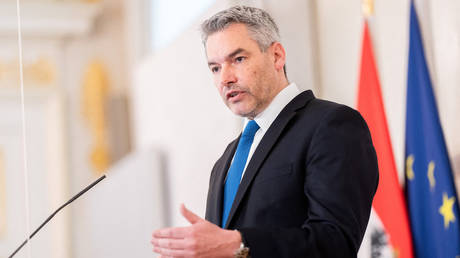 EU state’s leader skipped Russian sanctions vote – Politico
EU state’s leader skipped Russian sanctions vote – Politico
Earlier on Saturday, Reuters reported that the Ukrainian government had agreed to suspend the status of the bank “for the period of bilateral consultations involving representatives of the European Commission.” The news was followed by the announcement from an EU diplomat that “Austria’s sanctions reservation is lifted.”
The 12th sanctions package includes a direct ban on Russian diamond imports, as well as measures to tighten the oil price cap and counter the circumvention of EU sanctions.
It also includes a notification procedure for Russian citizens or entities in Russia seeking to transfer more than €100,000 ($109,000) out of the EU.
Since the outbreak of the conflict between Russia and Ukraine in February 2022, the EU has imposed 11 rounds of sanctions on Russia, which seek to weaken the country’s economy by curtailing its income from the export of raw materials. In response, Russia has re-directed most of its trade to Asia, primarily India and China.
Russian President Vladimir Putin said on Thursday that the US and its allies are largely “shooting themselves in the foot,” as the sanctions have hurt themselves more than they do Moscow.

 1 year ago
179
1 year ago
179
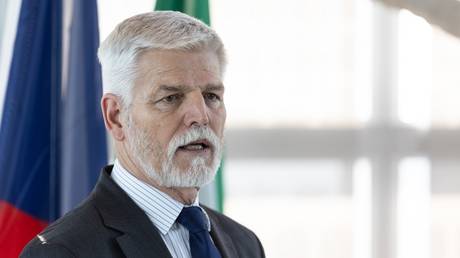
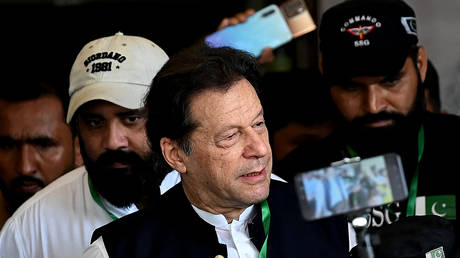
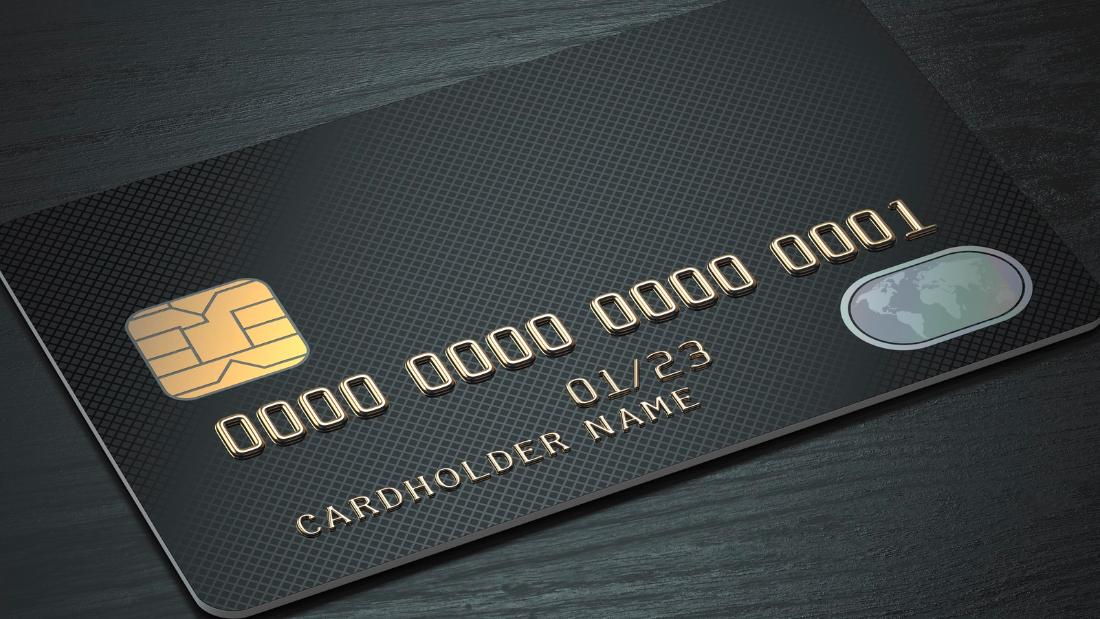

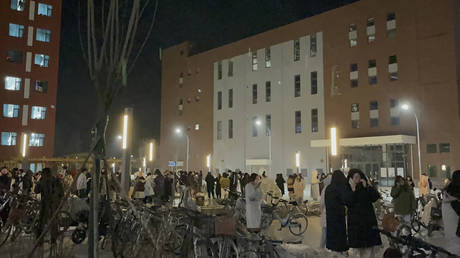
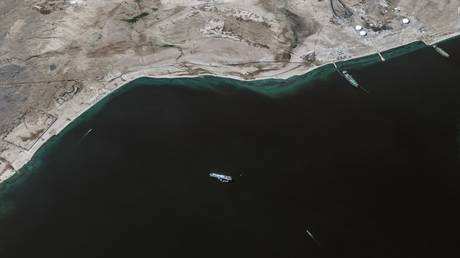
 English (US) ·
English (US) ·